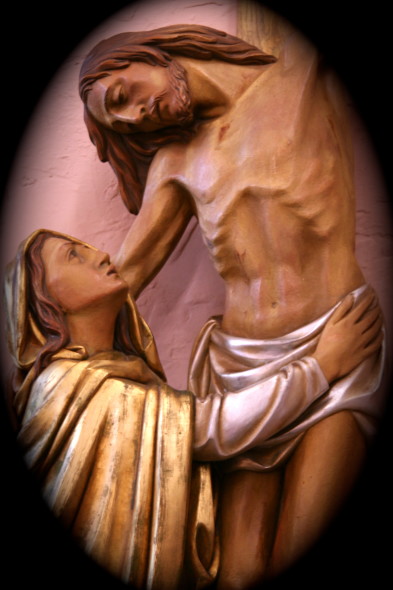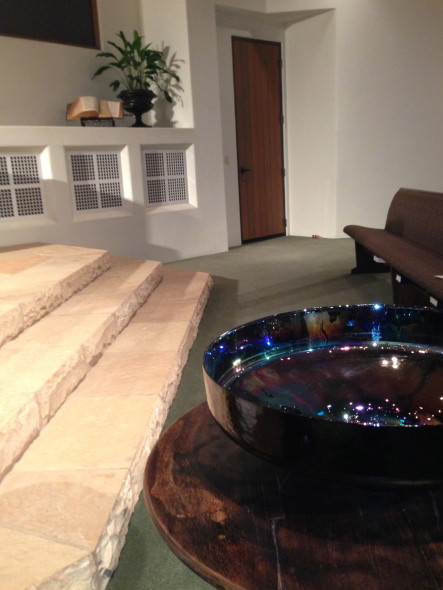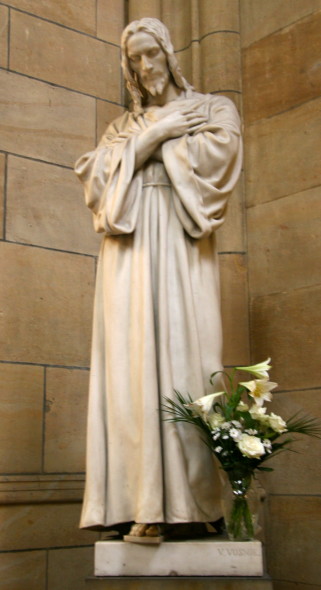Those of you who subscribe to my monthly newsletter already know that this one was on the top of my to-be-read pile as April began. It took me exactly ONE DAY to read it, and I am re-reading parts of it regularly.
This book is the real deal. Combine a tender heart with a first-class brain, a fierce streak of independence with a humble desire to yield, add to that a stubborn commitment to do it right and do it well, what do you get? Hilary Yancey.
She is young — younger than my eldest grandson. She is SMART — working toward a PhD in philosophy at Baylor. She is a wife and mom — married to author and soon-to-be Anglican priest, Preston Yancey, and mom to Jack and June (short for Junia). Over and around all of that is this truth: she is a force to be reckoned with. Also? She is an earnest, open, willing-to-admit-questions-and doubts follower after Jesus.
She writes beautifully, with a lyrical style and startling honesty. They tell me poetry and philosophy often go together and this book makes me believe that, big-time. “Forgiving God” is the story of Hilary’s first pregnancy, just six months into marriage. This particular journey into motherhood was difficult, mystifying, troubling, terrifying and ultimately, salvific. It is both humbling and inspiring to see how she and Jack not only survived a troubling pregnancy and a 43-day stay in the NICU, but somehow managed to triumph over every setback, every complication.
At what was thought to be a routine 18-week ultrasound, her son Jackson was diagnosed with a rare and severe facial deformity. With each week that passed, her now high-risk pre-natal care visits brought more and more difficult news. Teetering between praying for a miracle and trying to learn all she could about how to deal with what could come for her newborn boy, Hilary takes us into her own dis-ease, disappointment, and wonder. She also shares with us some of the pieces of her journey as a graduate student, eloquently positing big ideas about God’s sovereignty and foreknowledge. She does both — the personal story-telling and the philosophical musing — exquisitely well.
I am grateful for this book because of its beauty and power as a ‘good read.’ More than that, I am grateful for it in my practice as a spiritual director. I meet regularly with friends who are dealing with all kinds of issues, some of them extraordinarily difficult. Hilary’s thoughtful, intelligent, and ultimately hopeful words have already helped some of us find solid ground in the midst of what often feels like very fluid terrain.
This is a memoir that is a gift to read — and to re-read. I highly recommend it. Buy it, give it away — and then write a short review at as many places as you can think of. Hilary is not doing the usual big promotion push, so any help we can offer would be grand.


































